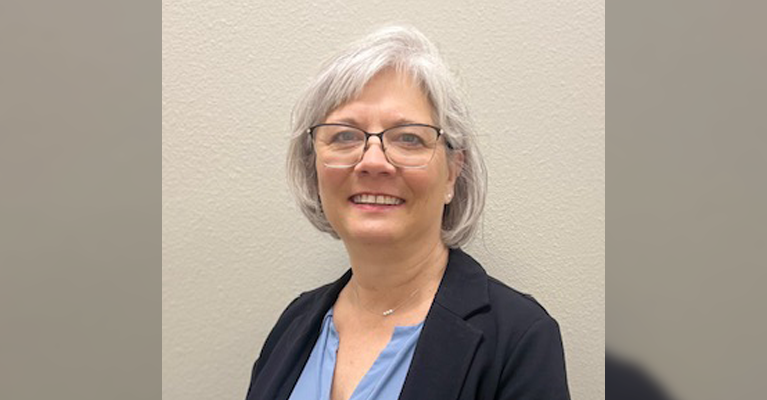Principal Certification

Principal Certification
The department of Education Leadership is proud to offer a 30-hour (with ongoing practicum lab) Master of Education in Education Leadership (MEd). This degree provides the foundation for the skills and knowledge required to pass the TExES 268 Principal as Instructional Leader and the PASL 368 Performance Assessment for School Leaders certification examinations for principals.
For students already holding a master's degree in education (or a related field), A&M-Texarkana offers a Principal Certification-only program consisting of 18 hours of coursework plus an ongoing practicum course that is designed to prepare students for their exams and for the job of a campus administrator.
For information regarding the MEd with principal certification or the principal certification-only programs, contact Dr. Trisha Gerrish Ray at Trisha.Ray@tamut.edu.
Apply Here | Request More Information | Visit Us
Principal Certification Handbook
Unique Features of This Program
- Small class sizes
- Practitioner-based skills
- Authentic, campus-based, leadership activities
- Program can be completed in five semesters (three semesters for certification-only)
- Delivered to meet the needs of working students: web-enhanced evening classes using Zoom technology
Featured Courses
EDLD 540 - Campus Strategic Operations
This course is designed to focus on the role of the principal in the planning, development and implementation of the financial aspect of a campus including budgeting, purchasing, human resources, and business office management that most effectively and equitably meets the identified instructional needs of the building and specifically supports increased student achievement as specified in the campus improvement plan. The management component of the course will address scheduling, discipline, and facility management.
EDLD 567 - Supervision of Instruction
This course is designed to focus on the role of the principal in promoting improved instruction in the classroom through the evaluation and professional development of faculty. Aspects of clinical supervision, including classroom observation, conferencing skills, and development of improvement plans through systemic staff development will be emphasized.

"Every student has a story, meet their needs, and watch them flourish!"
Ashlee PerryPittsburg Primary School
Special Programs Administrator

Favorite Quote - "Leaders don't create more followers, they create more leaders." - Tom Peters
Particia Nash-WalkerElementary Associate Principal of Curriculum & Instruction & GT Coordinator, New Boston ISD

"An effective leader always remembers what they’ve learned in the past, strives to achieve greatness in the present, and has a vision for where they are headed in the future."
Victoria ShirleyAssistant Principal at Atlanta Primary School

“Building strong relationships with students, teachers and community is vital for student success.”
Melody RichAssistant Principal at Dekalb High School

"When you get overwhelmed, just take one day at a time, and remember that challenges make us better."
Adrian BolinChapel Hill Elementary - Assistant Principal

"To ensure that all students learn at high levels, schools must function as professional learning communities, using the collective knowledge and experiences of all administrators, teachers, and staff to continually improve our practices."
Jeanna MorrisAssistant Principal - Texas Middle School, Texarkana ISD

"Actively Listen. Listen to the students, staff and parents. We are all working to a common goal."
Charlotte MendozaAssistant Principal, Jarrell Middle School
